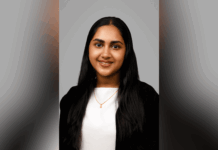SAVANNAH — Brian H. Childs, M.Div., Ph.D., HEC-C, has been named director of the Carlos and Marguerite Mason Center for Organ Donation and Transplant Education and Policy (the Mason Center) in the Mercer University School of Medicine (MUSM). The Mason Center will work in cooperation with faculty in several departments within the School of Medicine, including Community Medicine, Rural Health Sciences, and Bioethics and Medical Humanities.
The Carlos and Marguerite Mason Center for Organ Donation and Transplant Education and Policy is an endowed Center that promotes organ donation by focusing on the facets of donation — cadaveric and living donors — for the state of Georgia. Its objective is to provide education to medical students, health care professionals and people across the state by designing curriculum, offering seminars and community programs, having the Mason Center’s director speak to health professionals and community groups, writing policy papers, and presenting research at state and national meetings to enhance the visibility and viability of the organ donation issues.
“I am pleased that this Center represents a significant milestone in our commitment to advance knowledge and shape policy in the field of organ donation and transplantation,” Dr. Childs said. “We have a dedicated team of experts, a committed and impressive advisory board, and we intend to collaborate with researchers and educators to expand explorations in this important field.
The Mason Center has three principal objectives:
- To educate Mercer medical and health care students, as well as practicing physicians, about the needs, processes, and barriers to successful transplantations in Georgia.
- To support research on inequities in the health care system that impact organ donation and transplant processes and to foster Georgia scholars focused on solving these complex problems.
- To prepare students, health care workers, and affiliated scholars to participate in policy analysis and advocacy around transplantation practices in the state of Georgia.
Coordinating with LifeLink of Georgia, as well as organ procurement organizations (OPOs) in South Carolina and Maryland, the Mason Center will develop educational opportunities for MUSM students and to learn from their expertise in working with rural, underserved patient populations.
The Mason Center will work closely with the Georgia Rural Health Innovation Center (GRHIC), a state-funded program housed at MUSM that is focused on research of health systems problems and solutions. Using GRHIC data and connections with community stakeholders, the Mason Center will position itself as an impactful research and education program in the state.
An advisory board will consist of representatives from these partner organizations and departments, as well as a Georgia donor or recipient and an attorney well-versed in legal aspects of organ donation and transplantation. The current advisory board members are:
- Jean Sumner, M.D., FACP, dean of MUSM (chair)
- Anne Montgomery, Ph.D., assistant program director, Rural Health Sciences Ph.D. at MUSM
- Brad Lian, Ph.D., chair, community medicine, MUSM
- Melodie Hengerer, J.D., Baker Donelson, representing OPOs and providers
- Amy Parker Zupancic, J.D., organ donor and Mercer University School of Law alumna
- Glenda Grant, MBA, executive director, Georgia Rural Health Innovation Center
- Dr. Brian H. Childs, ex officio
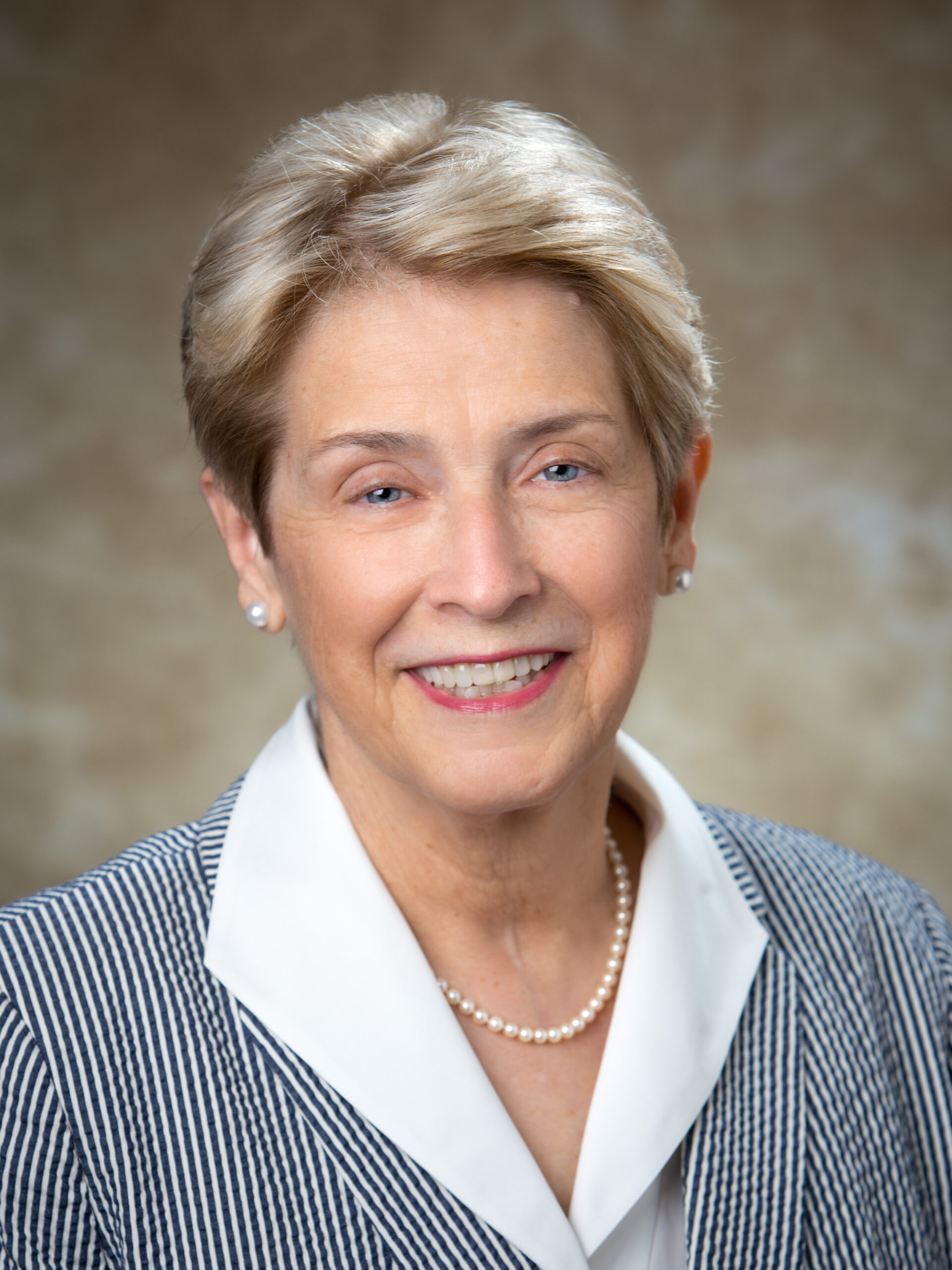
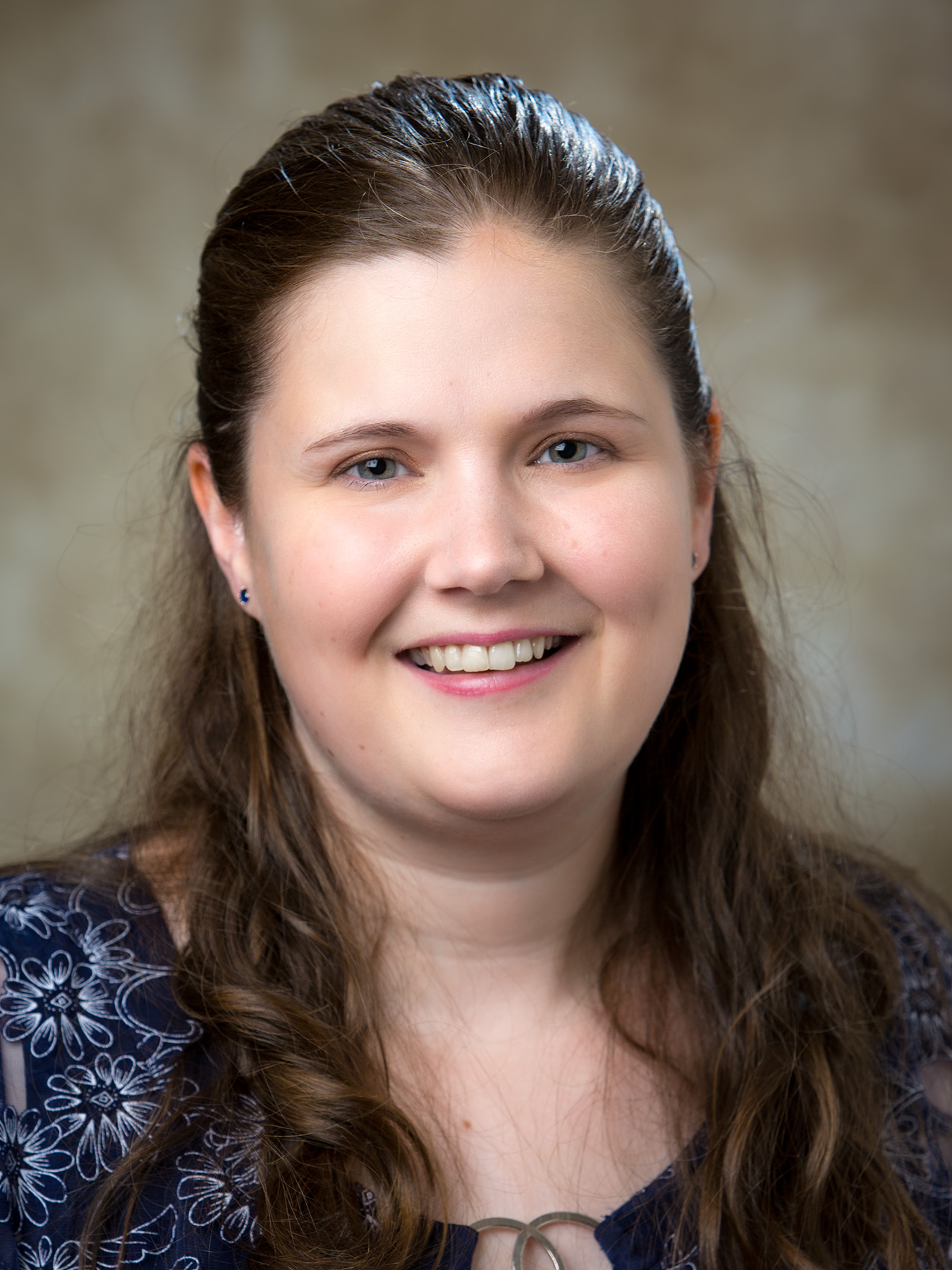
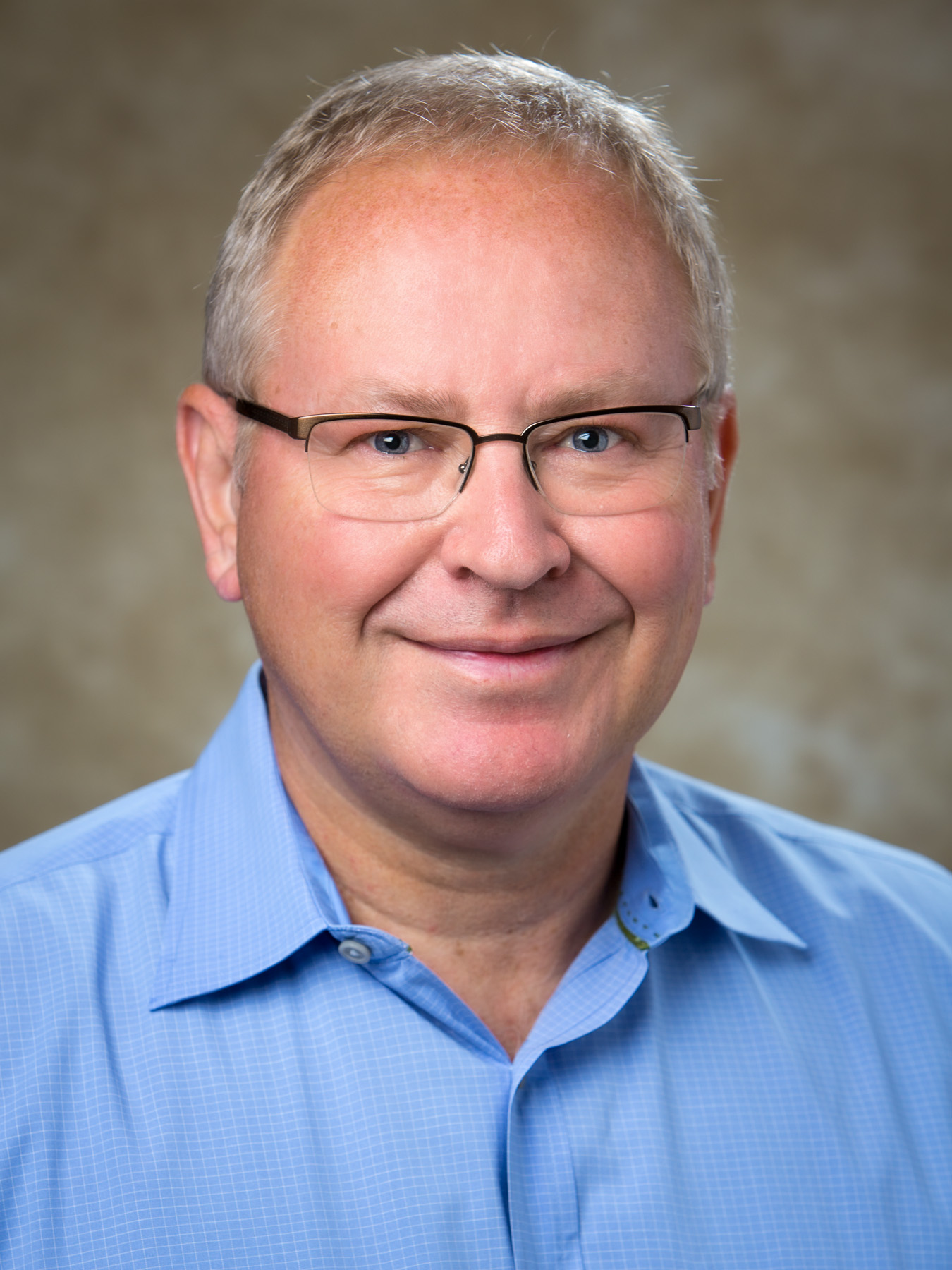
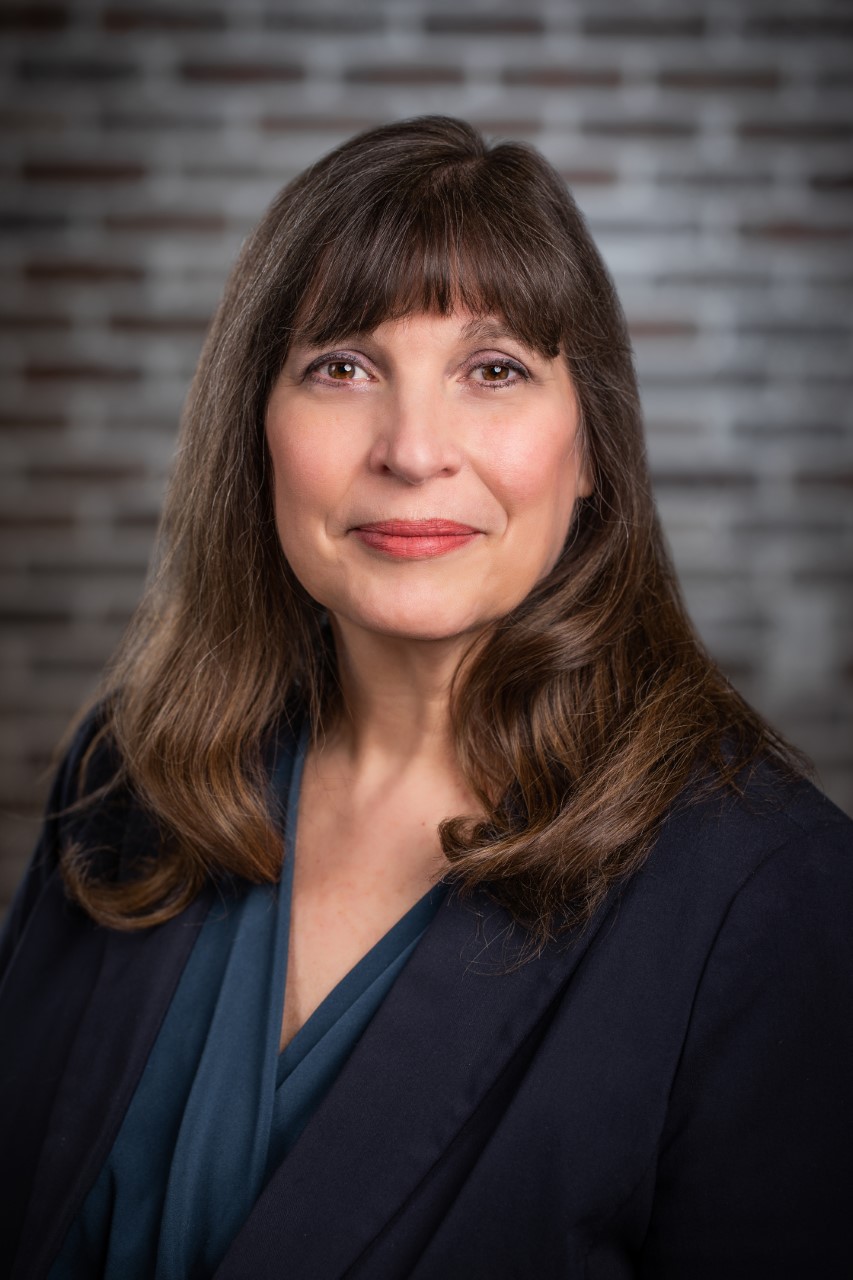
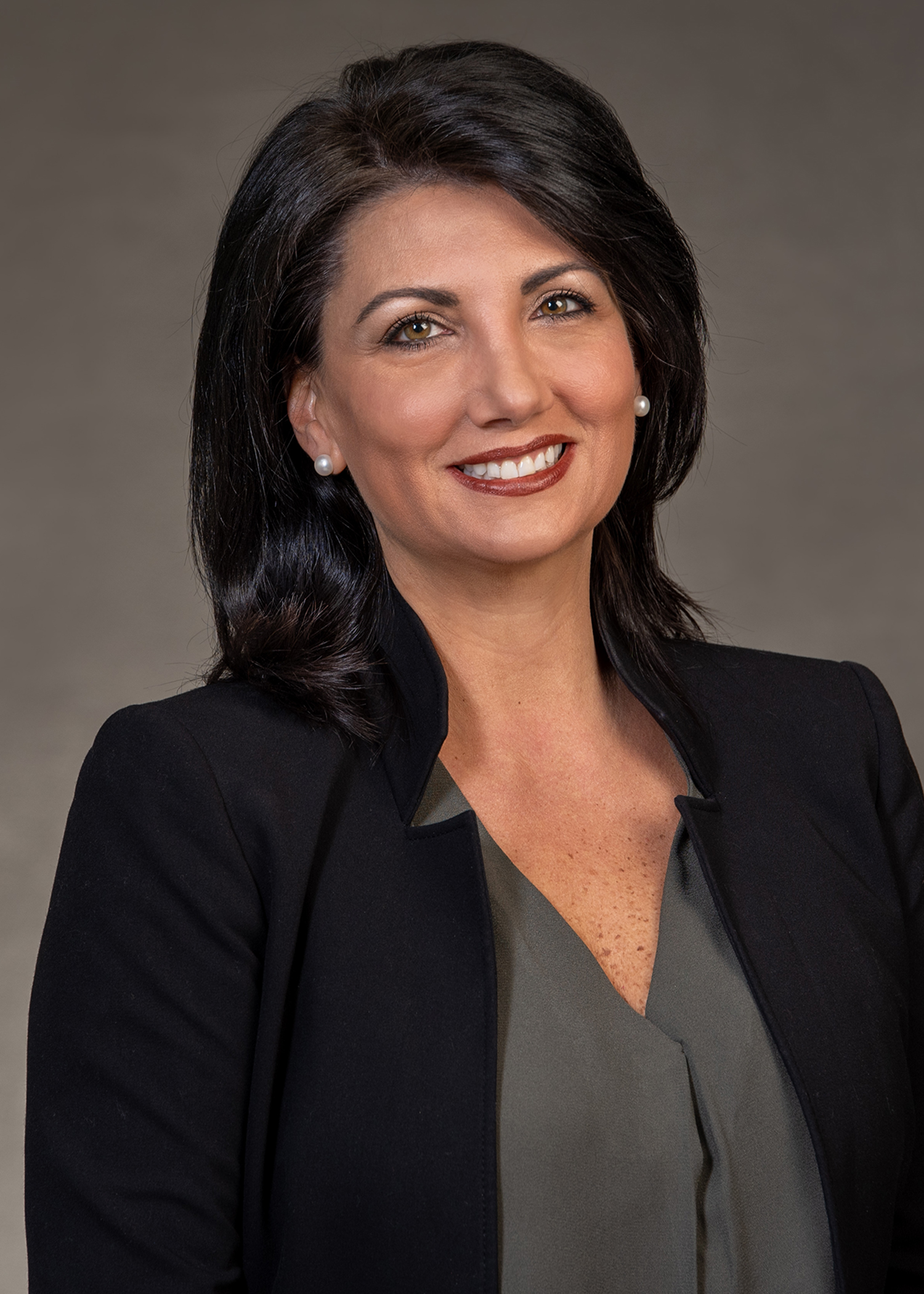
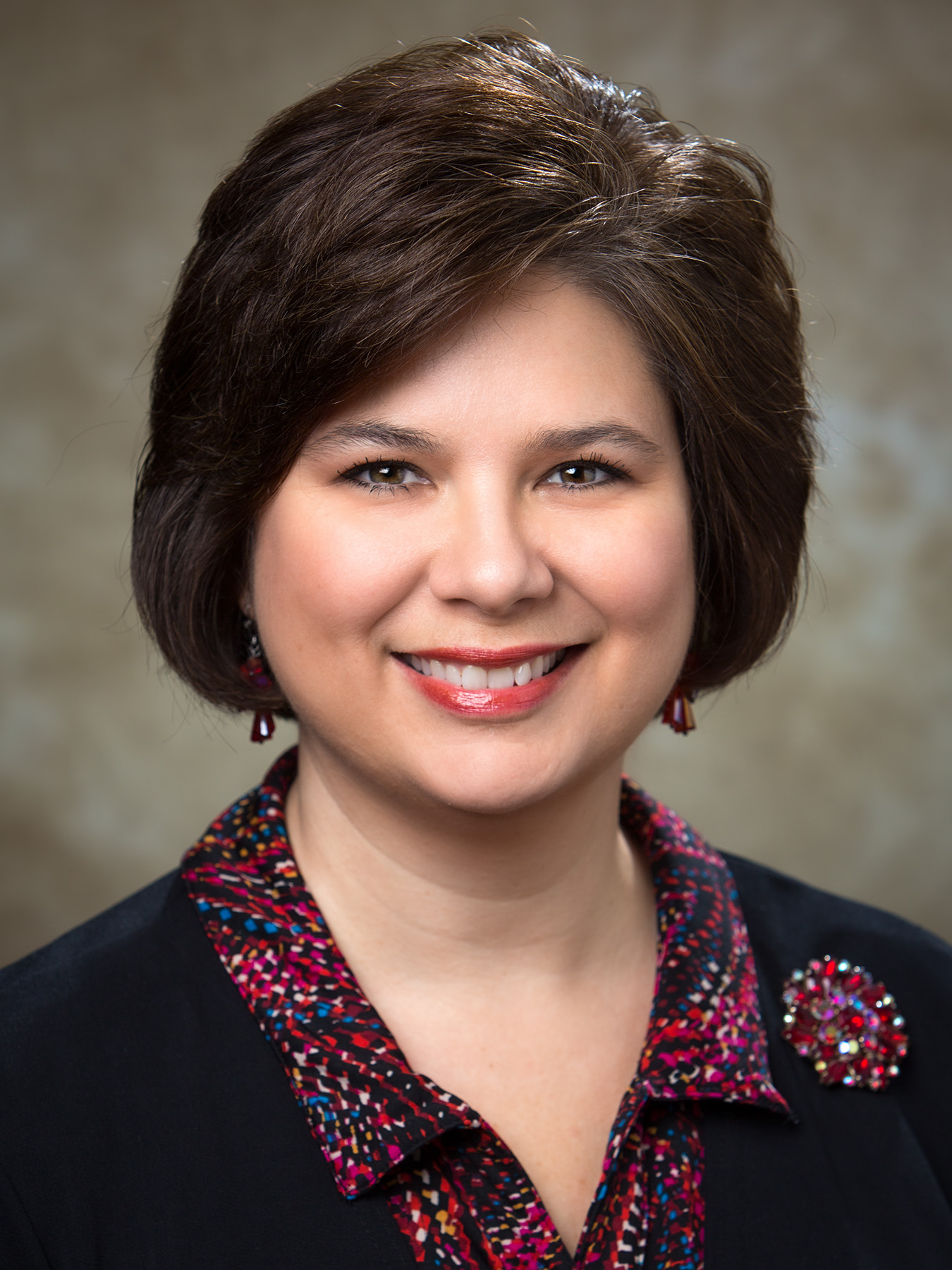
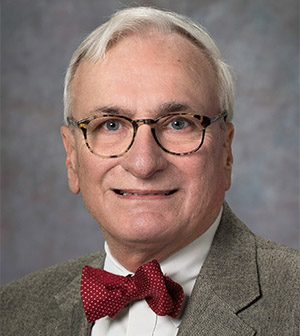
“Dr. Brian Childs is a nationally recognized leader in the bioethics of transplant medicine,” Dr. Sumner said. “The Mason Center will bring knowledge, expertise and commitment to improve organ transplantation with an emphasis on rural populations. We are grateful for the opportunity to do this important work.”
The Mason Center will be one of only two academic research programs focused on transplant ethics and policy in the United States, and the only such center in the South.
“Georgia residents and health care professionals will be the beneficiaries first and foremost, but the impacts will no doubt have national and even international significance,” Dr. Childs said.
Additional MUSM faculty working with the Mason Center are Caroline Anglim, Ph.D., and Donald Carter, III, D.Be., MBA., M.Div., both assistant professors in the bioethics and medical humanities department.
The Carlos and Marguerite Mason Trust was created by a bequest from Marguerite Mason, whose intent was to provide financial assistance to residents of the state of Georgia for organ transplants and for the purpose of research in methods of improving organ transplant.
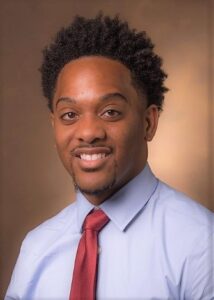
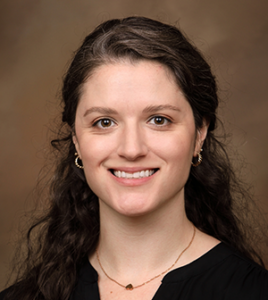
About Mercer University School of Medicine (Macon, Savannah and Columbus)
Mercer University’s School of Medicine was established in 1982 to educate physicians and health professionals to meet the primary care and health care needs of rural and medically underserved areas of Georgia. Today, more than 60 percent of graduates currently practice in the state of Georgia, and of those, more than 80 percent are practicing in rural or medically underserved areas of Georgia. Mercer medical students benefit from a problem-based medical education program that provides early patient care experiences. Such an academic environment fosters the early development of clinical problem-solving and instills in each student an awareness of the place of the basic medical sciences in medical practice. The School opened additional four-year M.D. campuses in Savannah in 2008 and in Columbus in 2021. Following their second year, students participate in core clinical clerkships at the School’s primary teaching hospitals: Atrium Health Navicent The Medical Center and Piedmont Macon Medical Center in Macon; Memorial Health University Medical Center in Savannah; and Piedmont Columbus Regional Hospital and St. Francis-Emory Healthcare in Columbus. The School also offers master’s degrees in preclinical sciences and biomedical sciences and a Ph.D. in rural health sciences in Macon and a master’s degree in family therapy in Macon and Atlanta.


